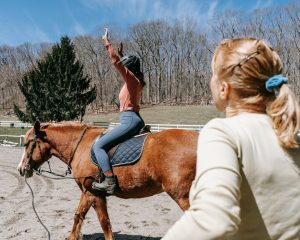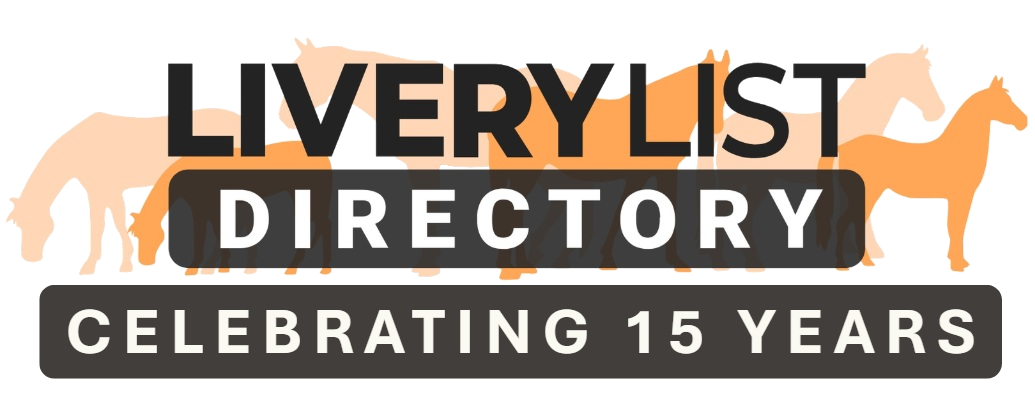Yard owners have a legal and moral responsibility to ensure that safeguarding practices are in place to protect children and vulnerable adults who are on their premises.
 This applies regardless of whether the yard is used for livery, riding lessons, competitions, or general equestrian activities.
This applies regardless of whether the yard is used for livery, riding lessons, competitions, or general equestrian activities.
Safeguarding means protecting a person’s wellbeing, health, and human rights to prevent harm, abuse, or neglect.
As a yard owner, it is your responsibility to be aware of and understand your statutory obligations around safeguarding and to ensure you have the appropriate policies and procedures in place to manage safeguarding risks.
If you have staff, it is your responsibility to practice safeguarding when it comes to their employment. Here are three ways to do this.
Use Safer Recruitment methods
When employing new staff, it is important to ensure that your recruitment processes effectively screen out unsuitable individuals. You can do this by incorporating safeguarding questions into your interviews. For example, you might ask how they would respond to witnessing inappropriate behaviours or how they might manage concerns about a colleague.
It’s important to obtain a full work history from candidates so that you can question any gaps. It is also crucial to obtain satisfactory references for any candidate you wish to employ.
Finally, keep records of interview notes, reference checks, and any safeguarding assessments as part of your recruitment documentation.
Ensure you have DBS Checks if required
In England and Wales, Disclosure and Barring Service (DBS) checks are required for anyone working with children or vulnerable adults, including instructors, volunteers, and sometimes yard owners.
You and anyone working on the yard must have a DBS check at the appropriate level for their role if required.
Enhanced DBS checks are needed if the person has regular, unsupervised contact with children or vulnerable adults.
In Scotland, if your staff are working directly with children or protected adults, they will require a Protecting Vulnerable Groups (PVG) check, and in Northern Ireland, if your staff provide services to or have close and regular supervision with children or at-risk adults, they will usually require an enhanced AccessNI check.
Provide Appropriate Staff Training
All staff and volunteers should receive safeguarding training appropriate to their role. This should include awareness of various types of abuse, recognising signs, and responding appropriately.
EEA members can take advantage of discounted, equestrian-specific safeguarding training, which has been written in conjunction with British Equestrian.
For more support and advice on HR and employment law issues, as well as access to exclusive online tools including our Contract Creator, Staff Handbook, and Risk Assessment Creator, join the EEA today!
About the author
Claire Duffin is a CIPD Associate Member with over 8 years of experience in Human Resources, passionate about people development and workplace wellbeing. Working as a Member Engagement Coordinator for the EE A, she supports industry professionals through tailored HR guidance and member services.
